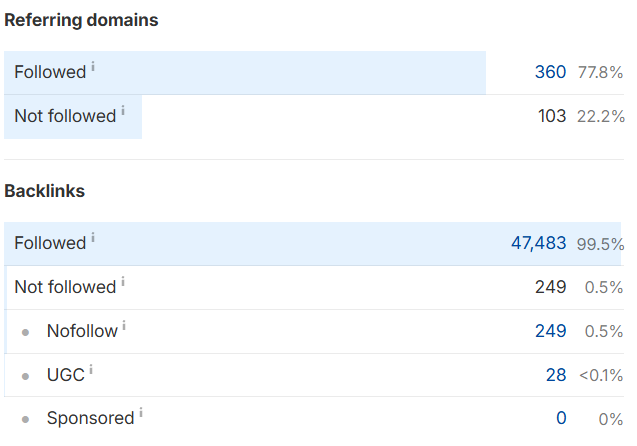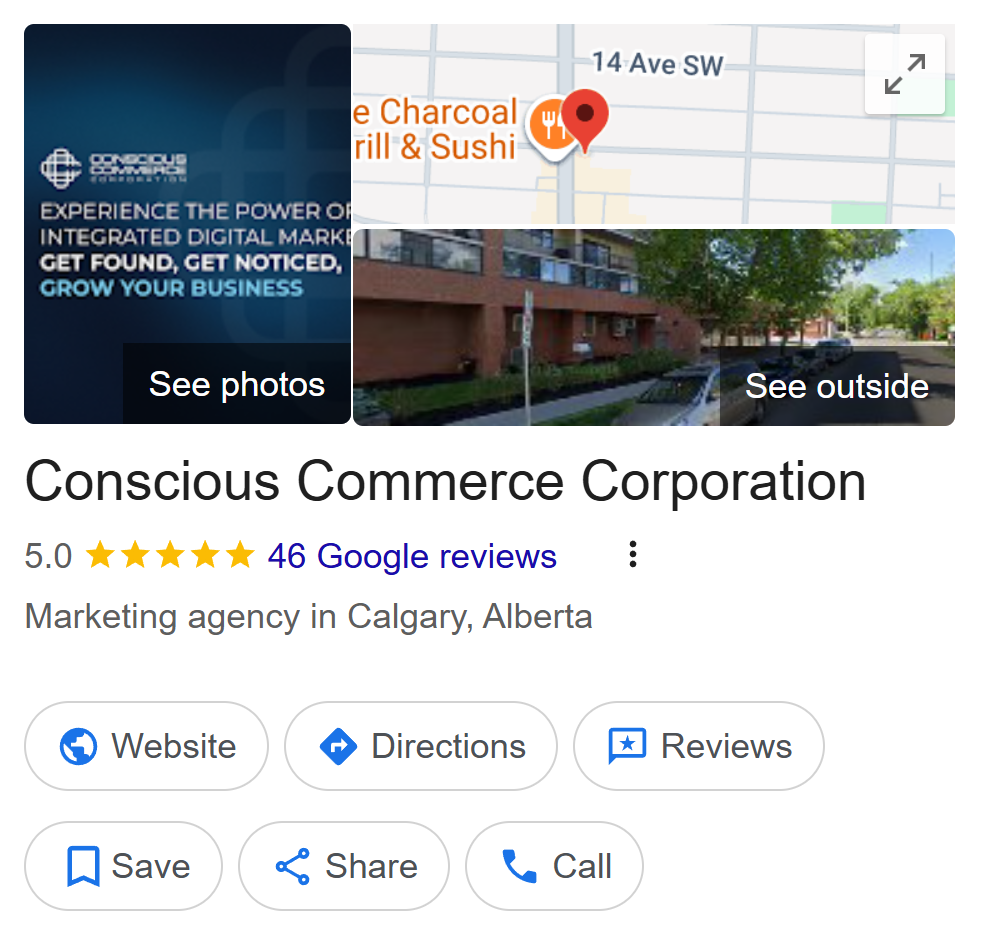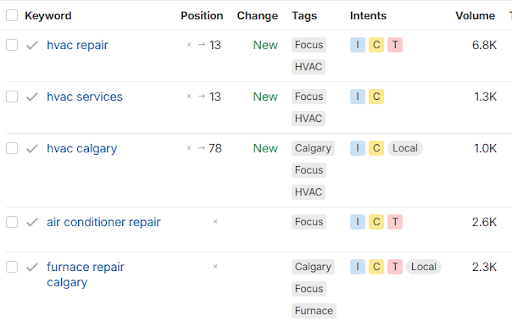Working with a digital marketing agency: Who Owns Your Marketing Assets?
Your marketing assets are an essential part of your business. Every tweet, Google Ad, and blog post create the public face of your company. For customers, each of those digital assets forms your brand identity — the personality of your brand.

But do you really own these marketing assets and related data, or does your digital marketing agency? Unfortunately, it’s entirely too common to hear about a business that has been locked out of its Facebook page or was never even granted access to its marketing campaign or advertising data.
These problematic situations can happen due to a dispute with the internet marketing agency or working with a small agency that simply disappears. As a result, your business is left with business pages, marketing data, and possibly a website that you can’t access — and you have to start fresh.
Today, we’ll dive into the vital topic of digital asset management to safeguard you against an unfortunate situation. We’ll explain what we mean by marketing assets, what you should expect from a marketing agency, and how our company core values prioritize your ownership of your marketing assets.
What Are Marketing Assets?
What do we mean by marketing assets? Simply put, it’s every piece of data related to your business’ marketing efforts. If you don’t have direct ownership of these digital assets, you’re at risk of losing them entirely. A non-comprehensive marketing assets list includes:
- Your hosting account or platform
- Your domain name
- Landing pages used with marketing funnels
- All social media posts and accounts
- Email and SMS digital marketing platforms
- All customer information
- Paid advertising platforms
- Google Analytics accounts
- Google Search Console accounts
- Data generated from all of the above
Legally speaking, you’re likely entitled to ownership of each account (this is not legal advice). However, social media platforms and other platforms won’t mediate the matter for you. Take a look at the official account recovery pages for Facebook and Twitter — they won’t be much help if an agency runs away with your accounts.
Digital Asset Management When Working with a Digital Marketing Agency?
What do digital marketing agencies do? Before we go deeper into ownership of assets in marketing, let's briefly examine what an ethical marketing agency does.
A marketing agency's primary goal is to plan and execute digital marketing strategies to attract new customers, clients, or users to your business. There are a wide variety of marketing tactics and practices that a marketing agency might use, including:
- Social media campaigns
- Website design and development
- Search Engine Optimization
- Content writing
- Copywriting
- Managing paid ad campaigns
The list could go on, but the important thing is to understand that regardless of the tactic or strategy, you should have full access to every account and transparency into the data they generate.
So, what should you do when working with an agency? Some ways to make sure you’re always in control include:
- Have Ownership of All Your Accounts: If you’re not technically inclined, it’s tempting to have a marketing team at the digital agency you are working with create your social media accounts, domain registration accounts, and every other digital marketing asset they might use. Of course, that’s perfectly fine if they create the accounts, but it is a reasonable expectation that you should have ownership privileges to each of them using your email address and phone number (if applicable).
- Understanding Your Data: You should have direct access to the above digital channels and related reporting platforms. Unfortunately, some agencies have “account review calls” during which they use third-party reporting tools that misrepresent or mask data to make themselves look better. Don’t let them get away with this; take the time to log in to the reporting tools and gain a rough understanding of your data.
- Protect Against Losing Access to Everything:
Sadly, if a marketing agency creates all of your accounts and doesn’t give you access to them, you might lose them. Demand ownership to each of them. Make account access part of your service contract so you have a solid legal posture if a conflict does occur.
Conscious Commerce's Digital Commitment
We believe that you should always have direct access to and primary ownership of all of your digital marketing assets and related data. If something happens with your agency, you can simply revoke its access to your social media accounts, paid ad accounts, and domain name registrar.
Conscious Commerce’s digital commitment to our clients focuses on delivering results without impeding your ownership of marketing assets. Here are just a few of the values we live by:
- Wealth: You own everything we create for you. If we register the domain name on your behalf, we’ll list you on the WHOIS information as the owner. You’ll also have full access to every other account, safeguarding your business and the wealth you generate. Don’t lose a valuable domain name or popular social media page.
- Sustainability: We provide long-term access to every account. If you decide to switch to another marketing agency, you won’t have to untangle ownership from us. This practice ensures the ongoing continuity of your business, regardless of which company is handling your marketing.
- Transparency: We believe that no agency should hide data from its clients. You need to know how effectively our efforts are building your business and keep an eye on your marketing spend and return on investment. If we’re not meeting your goals, you’ll know.
Are you ready to experience an ethical digital marketing agency that gives you full ownership of assets, accounts, and data?
Reach out to us today to discover how we can grow your business.







